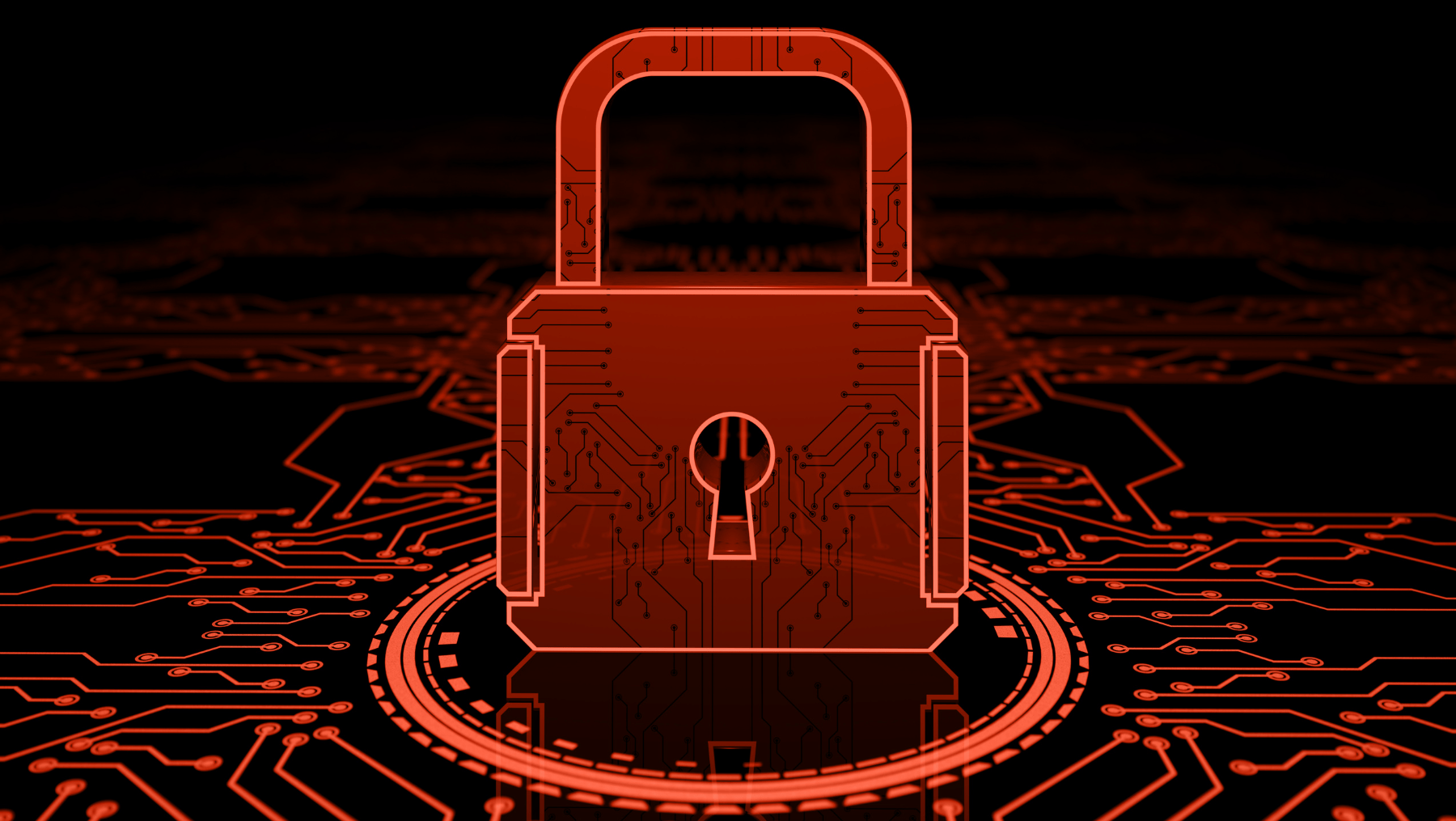The hack could affect 560m customers, the BBC claims.
Live Nation, which owns Ticketmaster, has confirmed “unauthorised activity” on its database.
Who is behind the attack?
The group responsible, ShinyHunters, claims to have stolen data, including “names, addresses, phone numbers and partial credit card details from Ticketmaster users worldwide.”
According to the BBC, “The hacking group is reportedly demanding a $500,000 (£400,000) ransom payment to prevent the data from being sold to other parties.”
You can read the full report here
The number of customers affected by the data breach has not been confirmed by Live Nation.
What has Live Nation said about the breach?
In a filing to the US Securities and Exchange Commission, Live Nation said that on May 27 “a criminal threat actor offered what it alleged to be Company user data for sale via the dark web.”
The hackers revealed the breach through an advert last week.
A spokesperson for Live Nation continues: “As of the date of this filing, the incident has not had, and we do not believe it is reasonably likely to have, a material impact on our overall business operations or on our financial condition or results of operations.
“We continue to evaluate the risks and our remediation efforts are ongoing.”
It is claimed that this hack is related to other incidents that has happened last week.
A spokesperson for the FBI told the BBC it “has no comment on this matter”.
How to protect your personal details from hackers?
Experts at 4th Platform advise staying calm and vigilant if you suspect you may be a victim of a cyber-attack. Here are key points to watch for:
Beware of Fraudulent Communications: Hackers often use stolen details to craft convincing emails, messages, and phone calls to trick you into revealing more information.
Scam Exploitation: Scammers might exploit the anxiety caused by a hack to persuade you to share additional sensitive information.
Be particularly cautious of:
Official-Sounding Requests: Messages about “resetting passwords,” “receiving compensation,” “scanning devices,” or “missed deliveries” can be scams.
Technical Jargon: Emails filled with complex technical language designed to sound legitimate.
Urgent Requests: Communications urging you to act immediately or within a limited timeframe are often fraudulent.
Stay alert and scrutinise any unexpected messages, even if they appear official.
In recent years, many CEOs have found themselves operating in survival mode. Economic uncertainty, rapid technological change, talent challenges and shifting customer expectations have created a
Cybersecurity is no longer just an IT issue, in 2026, it’s a core business risk. For UK organisations of all sizes, cyber threats have become more frequent, more
Artificial Intelligence has rapidly moved from being a futuristic concept to becoming one of the most influential forces shaping modern business. Almost every sector is now
Winning more business is no longer just about a better pitch. It is about how easy you are to work with, how quickly you
Digital transformation has been one of the most overused business terms of the last decade. Yet for all the talk, many organisations still struggle
For many organisations, achieving Cyber Essentials marks a valuable milestone. It protects against the most common cyber threats, reassures clients and insurers, and establishes
The unseen side of the internet Most business leaders are familiar with the internet they use every day: websites, emails, social platforms, and cloud
The IT Gap: When “Good Enough” Isn’t Enough Many small and medium-sized businesses rely on traditional IT support to keep things running. It’s a
4th Platform Partners with WatchGuard to Deliver FireCloud: Stronger Security, Less Effort Protect every worker, everywhere 4th Platform has partnered with WatchGuard to bring
The recent cloud outage at AWS, which caused downtime, data unavailability and shaken confidence, is a timely wake-up call for organisations of every size.


















